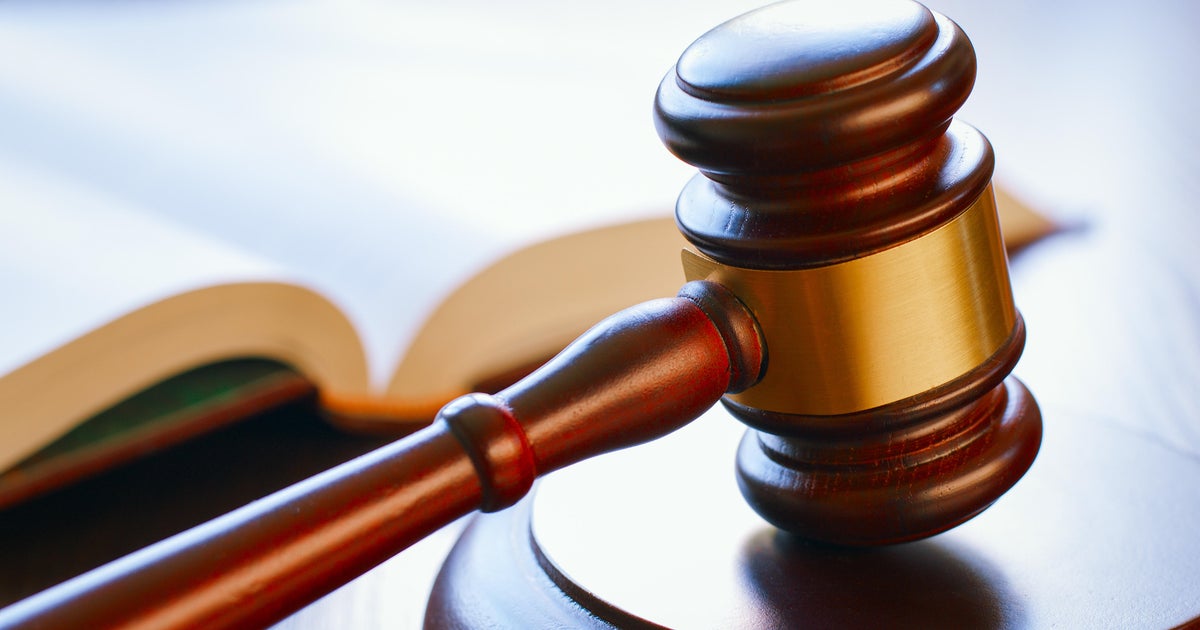Biden plan to cancel student loans is bad policy, critics say
As President Biden weighs whether to cancel student loans for a broad swath of borrowers, critics say it wouldn't provide financial relief to the Americans who need it the most while also potentially hurting the economy.
Americans with school debt generally have higher income because a college degree tends to lead to a more lucrative career. As a result, erasing those loans would chiefly benefit college-educated people.
"If you look at who has student loans, it largely reflects who goes to college and graduate school in the U.S., and college and graduate school are overwhelmingly composed of people who are from upper middle class or high-income families," said Adam Looney, a senior fellow at centrist think tank The Brookings Institution and an expert on student loan debt.
"Student debt is overwhelmingly owed by higher-income, better-off Americans, so that's who gets the money under a widespread student loan forgiveness plan," he added.
Last week, Mr. Biden said he is "taking a hard look" at forgiving some federal student loans, with a plan expected to be announced in a matter of weeks. He has not specified how much debt might be forgiven, but has said it is likely to be less than $50,000 per individual. Payments on borrowers' existing student loans are currently paused through August 31.
Cancelling some student loan debt could pay political dividends ahead of November's midterm elections, particularly among younger voters. But wiping the total $1.4 trillion that Americans currently own in student loans could backfire, according to some experts.
"This is a tremendous cost, and you should never in the world of budgeting push through a policy unless it truly is the best claim on those resources and is the most important priority," said Maya MacGuineas, president of the Committee for a Responsible Federal Budget, a nonpartisan public policy advocacy group.
MacGuineas also noted that forgiving college debt would disproportionately benefit higher educated people, noting that "The poorest people in the country don't actually have student debt."
The benefits to borrowers are clear. Folks with school debt who might have had to put purchasing a home or car, or starting a family on hold to cover their monthly loan payments are relieved of that expense. Other experts express concern that canceling a large chunk of student loans could boost already raging inflation by stoking personal consumption.
"On the margin, this would put more money into households that get the relief. And those households are more likely than not to use that additional cushion in their monthly budget to either purchase more things or purchase more services," said Ed Mills, an analyst with investment bank Raymond James. "So if you had to put it in one bucket or another, it's more in the bucket of contributing versus not contributing to inflation."
In the long term, wiping out student debt now also could lead to reckless borrowing by sending a signal that future student loans may be forgiven.
"This creates a risk that people will take on more debt believing it will be cancelled," MacGuineas said, adding that "now is not the time to turn on the government printing presses and throw more money into the economy."
Moral hazard?
Cancelling student loan debt also creates a moral hazard by leading borrowers to wonder why they should pay off their debt if the federal government will eventually swoop in take responsibility, according to Diana Furchtgott-Roth, chief economist at the Department of Labor under President George W. Bush and Deputy Assistant Secretary for Research and Technology at the Department of Transportation under President Donald Trump.
Mass forgiveness of college debt would penalize Americans who have worked hard while putting off major purchases, like buying a home or starting a family, to prioritize paying off their student loans. Students who worked their way through college, earning money while also studying in order to pay their tuition could also think, 'Why did I go through the trouble if Biden is paying off the debt?'" Furchtgott-Roth said.



